Lion’s Mane is your “Brain-saver”.
Lion’s Mane (Hericium erinaceus) is a type of mushroom that grows on broadleaf trees and logs throughout the northern hemisphere. Also called bearded hedgehog and hedgehog mushroom, mountain-priest mushroom, bearded tooth fungus, this super mushroom contains various beneficial nutrients including antioxidants and β-Glucans, which may support the nervous system, digestive function and cardiovascular health.
A key component – Polysaccharides (Beta-glucans)
Most mushrooms contain a large amount of polysaccharides, especially one called beta-glucans (β-Glucans). Polysaccharides are formed from long chains of monosaccharide bound together. These indigestible polysaccharides are a type of dietary fibre. Since polysaccharides are resistant to digestion, they are fermented by your gut microbes. This may contribute to some of the health benefits via a range of gut-mediated mechanisms. These include slowing gastric emptying, modulating the gut microbe structure, physically improving the bowel function, and protecting the immune system [1].
β-Glucans are known to have antitumor, anti-inflammatory, anti-obesity, anti-allergic, anti-osteoporotic, and immunomodulating activities. β-Glucans may also help stabilise blood sugar levels and enhance heart health, with one of the effects being to lower total and LDL (bad) cholesterol [2].
Research demonstrates that lion’s mane may improve cognition in healthy patients or individuals with mild cognitive impairment. The dose taken to improve performance on cognitive testing was 3g per day. The study showed that the effect wears off when you stop taking it, so to maintain the benefits you are best to continue taking it.
By the way – it’s great added to coffee – adding a slight sweetness. No mushroom flavour at all.
Lion’s mane mushroom may also aid people with depression, according to a review published in 2020 in the Journal of Molecular Science. The authors highlight 3 ways in which lion’s mane may help alleviate depression:
- Helping ensure the presence of sufficient neurotransmitters (in animals, Lions mane was found to restore levels of norepinephrine, serotonin, and dopamine – all important for normal mood)
- Reducing inhibition of nerve growth, which happens when a person is under stress. Stimulating a substance called brain derived neurotropic factor (BDNF) may be one of the ways Lion’s mane helps.
- Minimising central nervous system inflammation linked to depression [7].
Another study suggests that Lion’s mane may reduce inflammation and biological markers of Alzheimer’s Disease (i.e., amyloid plaques). Other effects were improved cognition, and increases in the release of nerve growth factor, a protein that can increase the length of nerve cell processes.
More research is underway!
Auckland Gut Clinic Lions’ Mane is certified organic. Choose from 25% or 50% β-Glucans.Purchase in a refillable tin, or a compostable pouch.

Photo by Artur Kornakov on Unsplash
In Summary, use Lion’s Mane to
- Improve glucose metabolism & enhance heart health [2]
- Support immune function [2]
- Support healthy brain function [3]
- Experience possible neuroprotective and neuroregenerative function [4]
- Improve cognitive function [5]
- Protect agains gastric ulcers
- Promote the growth of healthy gut bacteria [6]
… and more.
Suggested dose
- Studies demonstrate 3g (about 1 tsp) daily to be effective.
- For gut health you can increase it to up to 2 tblsp daily.
- Mix it with soups, tea or coffee, or simply dissolve in hot water.
Storage
- Best to keep in dry, cool place in an airtight container, Keep away from moisture and direct sunlight.
References
- Duttaroy, A. K. Chapter 8 – Polysaccharide on diabetes, obesity, and other cardiovascular disease risk factors.
Evidence-Based Nutrition and Clinical Evidence of Bioactive Foods in Human Health and Disease. (2021). p.115-128. https://doi.org/10.1016/B978-0-12-822405-2.00015-3 - Bashir KMI, Choi JS. Clinical and Physiological Perspectives of β-Glucans: The Past, Present, and Future. Int J Mol Sci. 2017 Sep 5;18(9):1906. doi: 10.3390/ijms18091906.
- Li, I. C., Lee, L. Y., Tzeng, T. T., Chen, W. P., Chen, Y. P., Shiao, Y. J., & Chen, C. C. (2018). Neurohealth properties of Hericium erinaceus mycelia enriched with erinacines. Behavioural Neurology, 2018, 5802634. https://doi.org/10.1155/2018/5802634
- Spelman, K., Sutherland, E., & Bagade, A. (2017). Neurological activity of Lion’s Mane (Hericium erinaceus). JRM, 2017. https://doi.org/10.14200/jrm.2017.6.0108
- Saitsu, Y., Nishide, A., Kikushima, K., Shimizu, K., & Ohnuki, K. (2019). Improvement of cognitive functions by oral intake of Hericium erinaceus. Biomedical Research (Tokyo, Japan), 40(4), 125–131. https://doi.org/10.2220/biomedres.40.125
- Diling C., Xin Y., Chaoqun Z., Jian Y., Xiaocui T., Jun C., Ou S., Yizhen X. Extracts from Hericium erinaceus relieve inflammatory bowel disease by regulating immunity and gut microbiota. Oncotarget. 2017; 8: 85838-85857. Retrieved from https://www.oncotarget.com/article/20689/text/
- Chong PS, Fung ML, Wong KH, Lim LW. Therapeutic Potential of Hericium erinaceus for Depressive Disorder. Int J Mol Sci. 2019 Dec 25;21(1):163. doi: 10.3390/ijms21010163.
- Wang M, Konishi T, Gao Y, Xu D, Gao Q. Anti-Gastric Ulcer Activity of Polysaccharide Fraction Isolated from Mycelium Culture of Lion’s Mane Medicinal Mushroom, Hericium erinaceus (Higher Basidiomycetes). Int J Med Mushrooms. 2015;17(11):1055-60. doi: 10.1615/intjmedmushrooms.v17.i11.50.




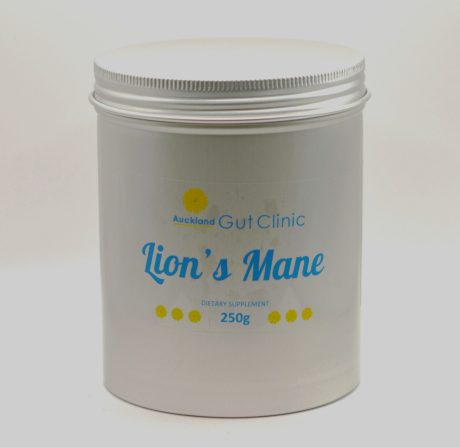


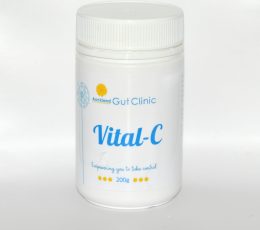
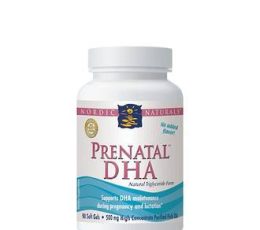
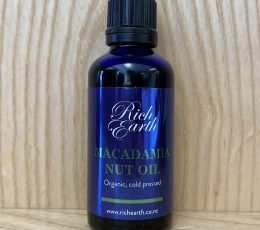
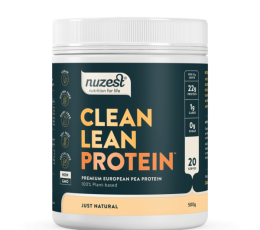



Reviews
There are no reviews yet.